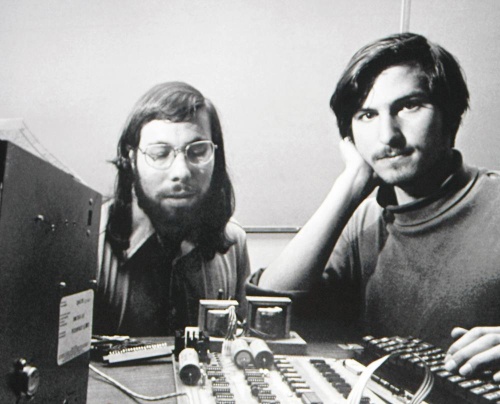Delivering Happiness and Depression
Poor Tony Hsieh. He had such ambitious plans to build a startup city in Downtown Las Vegas, and personally invested $350M towards the project.
But the going was rough. Outside money failed to appear, Hsieh stepped down, 30% of the staff was laid off, and three of the entrepreneurs involved in the Downtown project committed suicide in 13 months. That was 1% of the 300-person community.
In an article about the Downtown Project this week, Re/code asks: Can the pursuit of happiness kill you?
The Downtown Project has a strong focus on happiness that comes from Hsieh’s company and global movement, Delivering Happiness. Here’s how they deliver happiness:
Community. Whether it’s online on DeliveringHappiness.com, Facebook or Twitter, or offline at our DH Town Halls and community events, we’re bringing people together. And these aren’t your ordinary folks – these are VHPs (Very Happy Persons) inspiring individuals that have made the commitment to make this world a happier place.
That might work at a rave, but just thinking about being in a room full of Very Happy Persons is enough to make me feel stabby.
Happiness does not come from osmosis. It comes from knowing what you truly value, and behaving in a way that’s consistent with those beliefs.
Every startup is a hypothesis formed from a set of beliefs. Maybe the hypothesis is that people will want to hitch a cheap ride in a stranger’s car, or that homeowners want their houses cleaned by homeless people working for minimum wage.
Growing a startup is then the execution of the scientific method. Sometimes the hypothesis is proven wrong and founders and investors learn that there were fatal flaws in their beliefs. For founders, these beliefs were so integral to their core identities that they made huge sacrifices in their pursuit. Crushing those beliefs results in the opposite of happiness.
Very Happy Person is neither a goal nor an achievement; it’s a side effect. It isn’t possible to feel happiness without making yourself vulnerable to an equal and opposite feeling. In life, there’s no downside protection for emotions, but that’s okay because the upside is limitless.
So, NO the pursuit of happiness can’t kill you. But it can make you feel pretty damn crappy sometimes.





